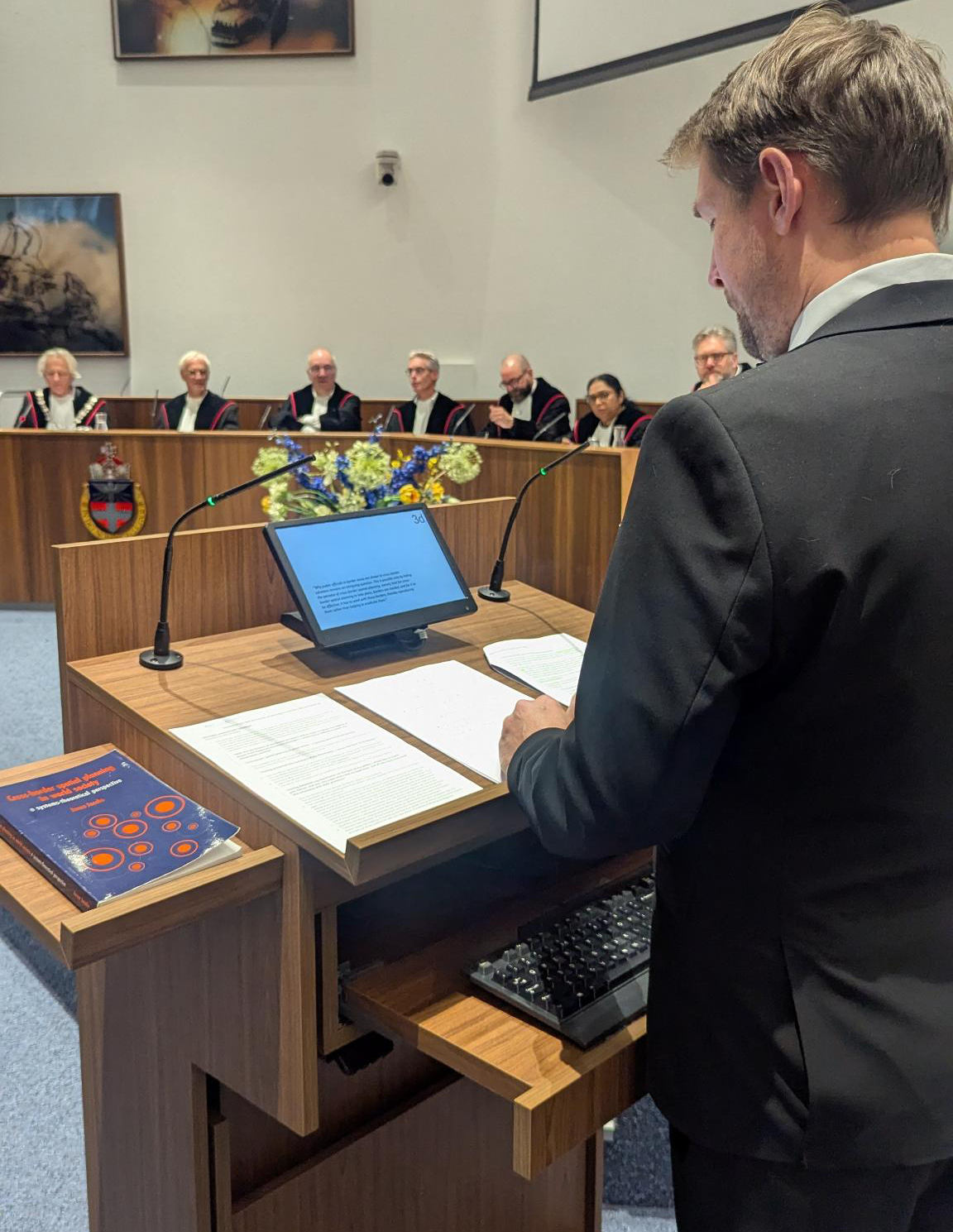The Netherlands are renowned because of their Spatial Planning and their institutionalised System of Spatial Planning. Something many Spatial Planners in the Netherlands are very proud of. This does not make them the most critical or progressive branch in Dutch governance. On the other hand, in the last decade, the actual practice of spatial planning in the Netherlands has changed quite a bit. Under the influence of the changing political climate, austerity programmes in the disguise of decentralisation to provincial and municipal levels of governance, Spatial Planning was increasingly marginalised and suffering from a lack of resources and of effective instruments. In practice, Spatial Planners were struggling to find new ways and alternative modes to ‘do’ Spatial Planning. One might say that this enforced a certain dynamics or ‘progressiveness’ in Spatial planning. In an earlier PhD thesis I supervised on ‘informality in Spatial Planning’ and in another blogpost on the ‘Culture of Spatial Planning’, this was also addressed.
In this respect, it is refreshing to view Spatial Planning and its dynamics from a totally different perspective, in which not only the spatial setting and the object of spatial planning are problematised but also the practice and institutional setting, as well as the self-awareness and ‘identity’ of Spatial Planning itself are rethought.
This is exactly what Dr Joren Jacobs did in his PhD Thesis on Cross-border Spatial Planning in World Society. A systems-theoretical perspective (Click on the Image of the Cover to download the full text).
 While strictly sticking to the System Theoretic perspective of Niklas Luhmann (for a brief introduction in Luhmann’s Systems
While strictly sticking to the System Theoretic perspective of Niklas Luhmann (for a brief introduction in Luhmann’s Systems Theory, see this brief video) Joren shows how a System of Cross-Border Spatial Planning does not easily evolve and needs to deal with the (new) limitations and opportunities of boundaries to be effective while causing the whole System of Spatial Planning to change and adapt and to re-define itself. Looking less at the strategic actions of decision makers or planners but rather at the inherent logics of systemic dynamics and interactions between different subsystems, it shows new avenues of how cross-border landscapes and interactions take shape. This new theoretical conceptualisation of (cross-border) Spatial Planning links nicely to Complexity Theories and Assemblage Theories of Spatial Planning, even though in specific aspects it is also radically different.
Theory, see this brief video) Joren shows how a System of Cross-Border Spatial Planning does not easily evolve and needs to deal with the (new) limitations and opportunities of boundaries to be effective while causing the whole System of Spatial Planning to change and adapt and to re-define itself. Looking less at the strategic actions of decision makers or planners but rather at the inherent logics of systemic dynamics and interactions between different subsystems, it shows new avenues of how cross-border landscapes and interactions take shape. This new theoretical conceptualisation of (cross-border) Spatial Planning links nicely to Complexity Theories and Assemblage Theories of Spatial Planning, even though in specific aspects it is also radically different.
On Wednesday, Nov. 12, 2025, Joren Jacobs, supported by his Paranymphs, Dr Daan Boezeman and Dr Henk-Jan Kooij, successfully defended his PhD thesis before a panel of five distinguished examinors consisting of Prof. Sander Meijerink, Prof. Marc Redepenning, Prof. Angelique Chettiparamb, Prof Raoul Beune and Assoc. Prof. Martijn Duineveld.





